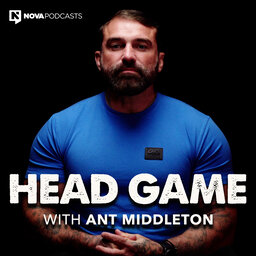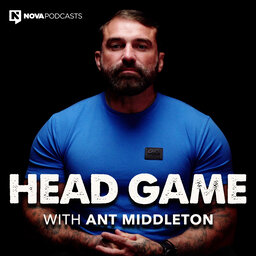How Breathwork Saved Johannes Egberts When He Hit Rock Bottom
Johannes Egberts was feeling numb and lost in life when he unexpectedly discovered the power of breath and benefits of cold water plunging.
Since that discovery over ten years ago, he has made this his life's work and is a world-class breathwork and cold water immersion coach.
Ant chats with Johannes to understand the impact this discovery had on his life, and hear some simple ways we can all experience the benefits of breath and cold water.
Johannes has just released a book full of his tips and advice, The Cold Therapy Plan. You can find out more at breathlessexpeditions.com.
LINKS
- Follow Johannes on Instagram.
- Learn more about Johannes at breathlessexpeditions.com
- Follow Ant on Instagram, X, and Facebook
- Learn more about Ant on his website antmiddleton.com
- Follow Nova Podcasts on Instagram for videos from the podcast and behind the scenes content – @novapodcastsofficial.
CREDITS
Host: Ant Middleton
Editor: Adrian Walton
Executive Producer: Anna Henvest
Managing Producer: Elle Beattie
Nova Entertainment acknowledges the traditional custodians of the land on which we recorded this podcast, the Gadigal People of the Eora Nation. We pay our respect to Elders past and present.
 Head Game
Head Game


